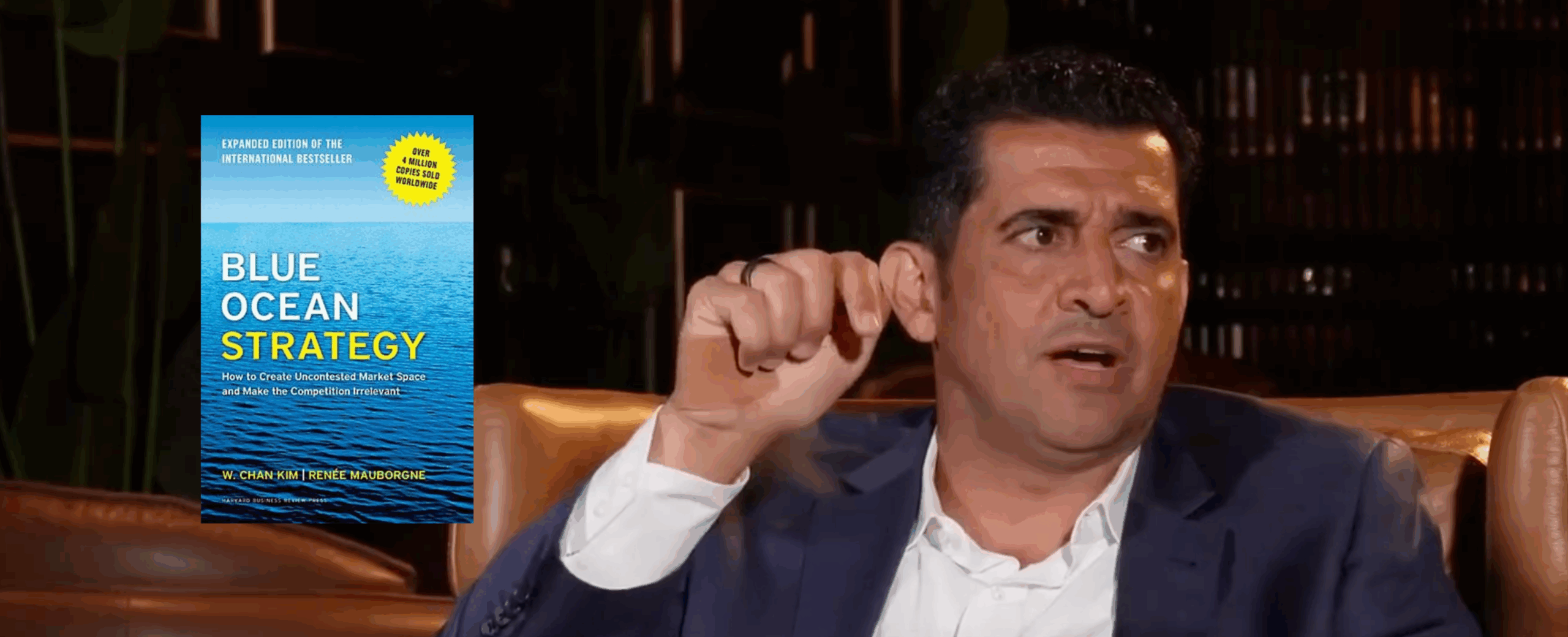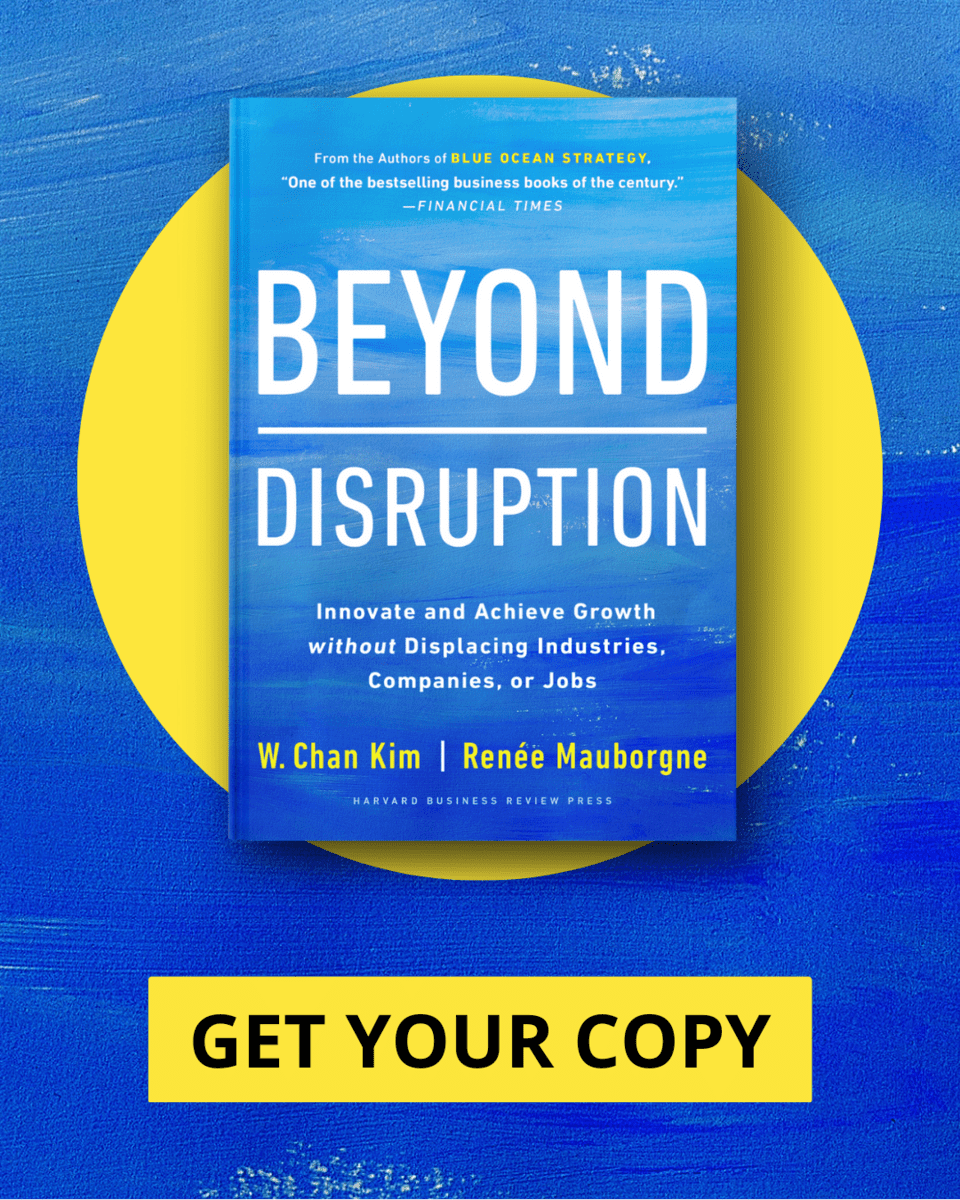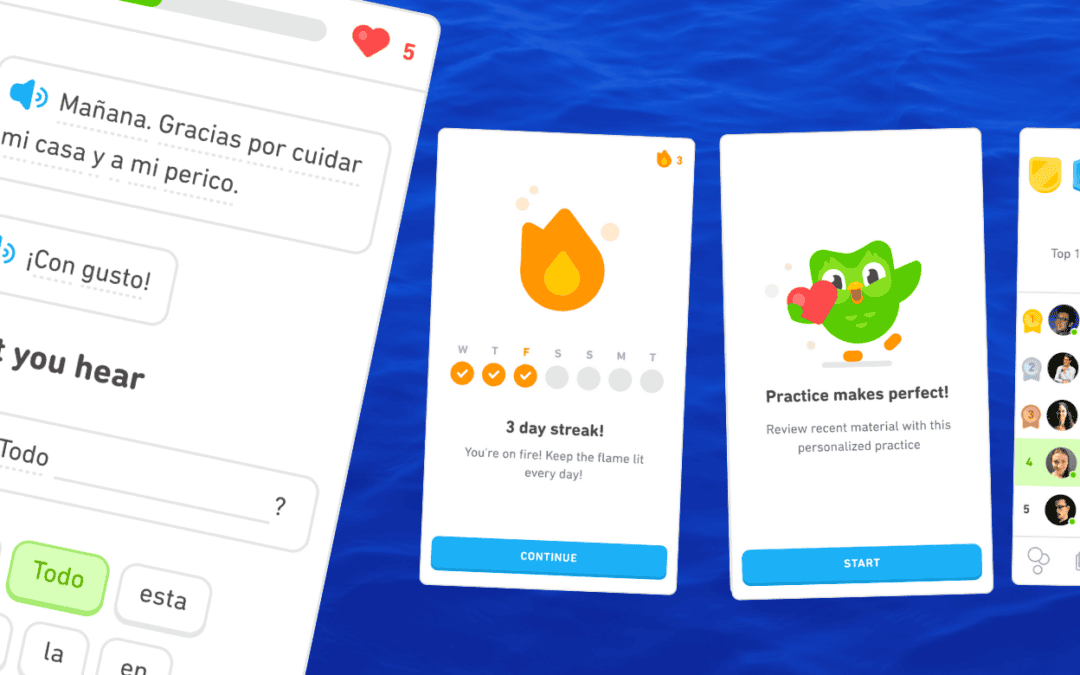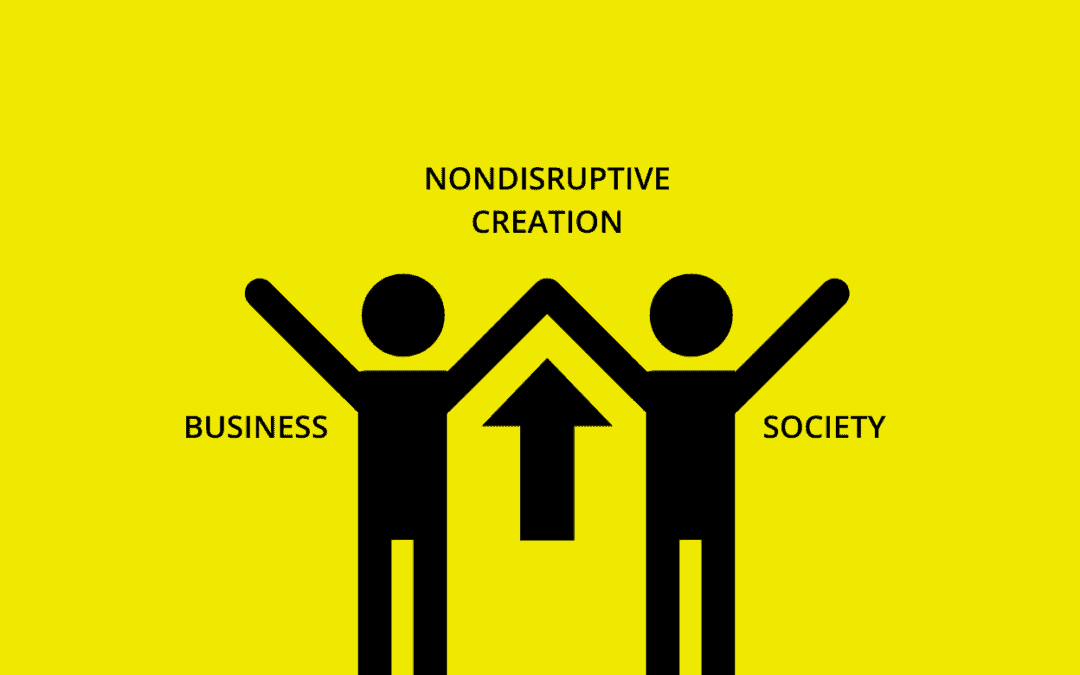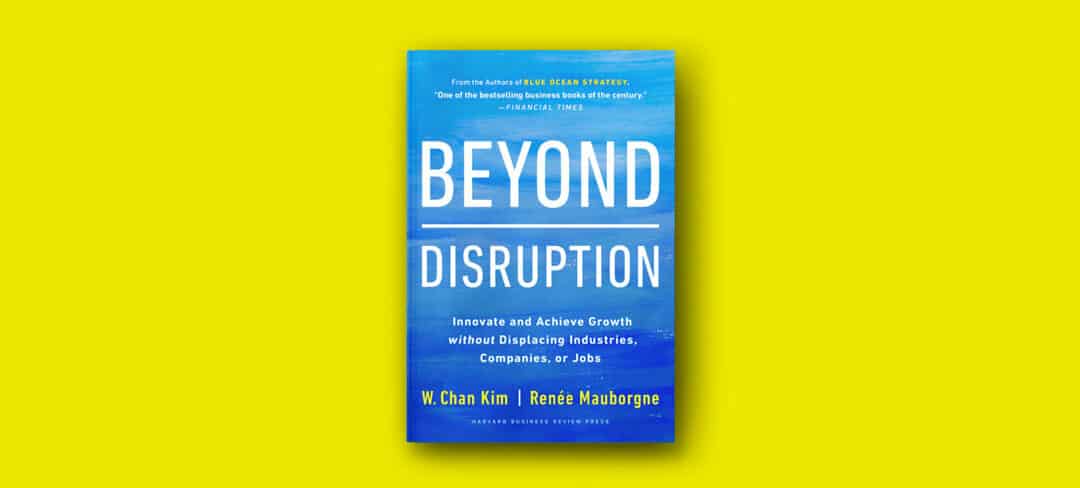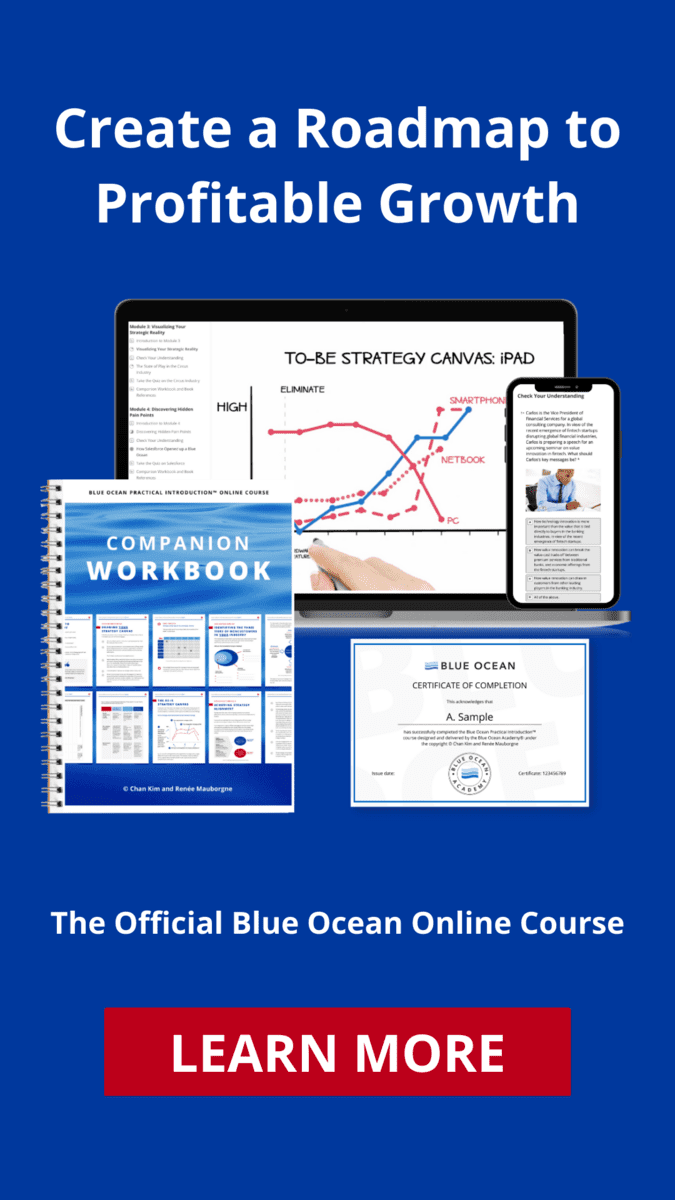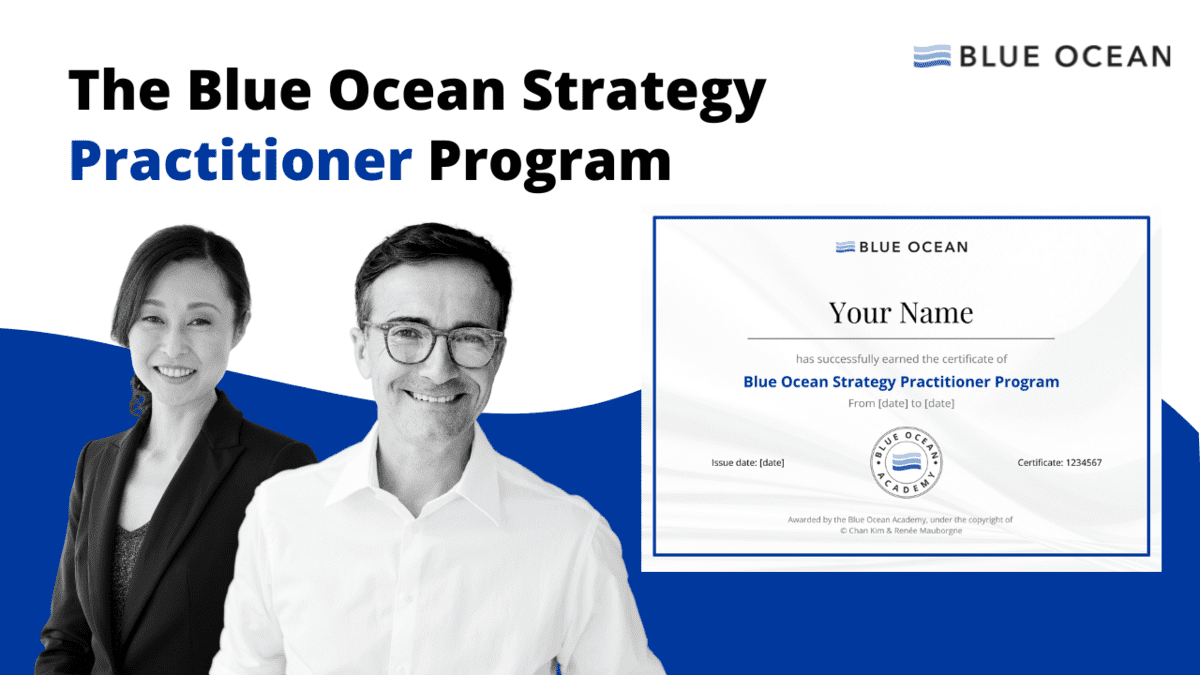How do you break out of the red ocean and create a blue ocean? That’s the precise question Patrick Bet-David (PBD) asked when he set up his new insurance brokerage company PHP Agency.
Competition in the US insurance industry is intense with roughly 1.2 million licensed insurance agents and brokers operating across the country. The industry offers a wide array of products. On top, barriers to entry are low and the internet enabled price transparency. For individual consumers, the major insurance lines include auto insurance, homeowners insurance, health insurance, life insurance, and disability insurance. These personal lines constitute the bulk of policies sold to individuals.
To achieve exponential growth and success in the crowded industry, PBD pulled his team together and set the vision to create a blue ocean.
Instead of accepting the status quo, they challenged it.
How Patrick Bet-David used Blue Ocean Strategy to achieve a $250M insurance exit
Why offer a wide range of insurance products just because the industry does? A blue ocean strategy has focus. Life insurance is the most profitable and everyone can benefit from it. Why not focus on this and eliminate other insurance lines?
A blue ocean strategy creates new demand and doesn’t go where the competition is. Why fight for a sliver of the existing industry? What about all of the historically overlooked marginalized groups and members of the multi-cultural middle-class America? Their numbers are large and when tragedy strikes, it can wipe them out. Life insurance can be a true life saver for people in these communities.
Insurance agents had an almost universally common profile – male, white and in their late fifties. Does that make sense in a country that is 50% female with a large multicultural population? Couldn’t underserved and overlooked communities be better served and understood by agents that share their lived experience?
Factor after factor the industry competed on was challenged and reframed.
How PHP went from 66 to 60,000 agents
The result was a strategy and game plan for a very different agency that allowed it to grow and break away from the competition. In the space of little over twelve years, PHP Agency’s strategy propelled it from 66 agents to 60,000 part- and full-time licensed life insurance agents.
Here are three of the factors that set PHP Agency apart:
- Product range: PHP focuses on life insurance, and eliminated other insurance products.
- Diverse agent base: PHP recruits agents from diverse backgrounds and communities that have been historically underrepresented in the financial services industry. Over 50% of PHP’s insurance agents are female, 42% are Hispanic, 32% are black, 13% are white, and 11% are other. PHP does not compete for the same agents as the industry but provides an opportunity for the long overlooked diverse American middle class to become life insurance agents, providing an entrepreneurial opportunity to individuals in these communities.
- Customer base: Like the agents PHP trains and recruits, PHP focuses on the historically underserved and overlooked communities of the diverse American middle class that mirrors the background of PHP’s agents. Instead of competing for existing customers it created new customers.
The results of PHP’s Blue Ocean move
In 2022, PBD sold PHP Agency for $250 million plus future earn outs. Today PHP serves nearly half a million Americans nationwide and is now part of Integrity Marketing Group.
PHP Agency is not for everyone. It offers strong tiered reward incentives for performance, demands a hard work ethic, and teaches agents the skills and capabilities to be more than a life insurance agent – to be an entrepreneur and business owner if they are hungry to advance, grow the business, and recruit new agents under them. The entrepreneurial training videos PHP created for its agents spawned and eventually segued into one of the most viewed YouTube channels on entrepreneurship as PBD started to post the entrepreneurial lessons online. The site, which became a new business and revenue stream: Valuetainement.
How can you break out of the red ocean as PBD did? What profitable growth are you leaving on the table by letting the competition and the rules of your existing industry shape your strategy? Maybe it’s time to ask.
